TEHRAN (Bazaar) – Professor Paul Pillar, who was CIA intelligence analyst for 28 years, says “We are already seeing, in the form of Europe's dependence on foreign energy and how this has impeded ideas of imposing more sweeping sanctions on Russia, how this kind of interdependence can make the imposition of blockades more difficult. That does not mean they are impossible.”
Pillar told Bazaar news agency “The Ukraine war is stimulating some attempts to revise things like dependence on foreign energy.”
Following is the text of the interview:
Bazaar: In a recent speech, President Biden said that a new world order would be created and that we should lead it. He said that after World War II, the United States created a liberal world order, but now everything is changing. New world order will be created and we must lead it. And we must unite the rest of the free world for it. What does Biden mean by world order? If he means the liberal order, then that order is changing according to his words.
Pillar: I don't think this type of rhetoric from the president points to any specific rearrangement of world order that he has in mind. This type of speech is mainly a reaction to much recent attention to the Russia-China alignment and analysis to the effect that those two countries mean to impose their own kind of non-liberal order. Of course, this is all in the context of the Russian attempt to conquer and remake Ukraine.
Bazaar: Russia's invasion of Ukraine is considered by some to mean the weakening of the liberal order after World War II. NATO has failed to act as a deterrent, and the European Union is not even united in its sanctions against Russia. What is your assessment of this issue?
Pillar: Ukraine is not a member of NATO, and it does not provide a test of the willingness of NATO members to treat an attack on one of their members as an attack on themselves. Among the most noteworthy effects of the Russian invasion of Ukraine is an increase in unity both of NATO and among the Europeans. Given the frictions between Poland in particular and the EU in recent years, it is something of a turnaround for Poland to be playing the leading role that it is in the European response to the war in Ukraine.
Bazaar: Which countries and groups will be the poles of the new world order?
Pillar: The ones we are already familiar with: mainly the US, China, the EU, and Russia (mostly because of its nuclear weapons)
Bazaar: The European Union has announced the formation of a rapid reaction force that will be operational by 2025. Does this mean that the EU, in addition to being an economic and political bloc, will present itself as a military bloc?
Pillar: The idea of a united European military force has been around for a long time, going back to the abortive proposal in the early 1950s for a European Defense Community. It remains to be seen whether the most recent incarnation of European unity, in the form of today’s European Union, will be able to surmount traditional resistance to formation of this kind of force. The Russian invasion of Ukraine, however, has made creation of such a force more likely than it was before.
Bazaar: In the future world order, what are the economic blockades like? Will we see the cooperation of the countries of the Free World against countries such as China and Russia, or will the interdependency between the countries not allow such blockades?
Pillar: We are already seeing, in the form of Europe's dependence on foreign energy and how this has impeded ideas of imposing more sweeping sanctions on Russia, how this kind of interdependence can make the imposition of blockades more difficult. That does not mean they are impossible. And the Ukraine war is stimulating some attempts to revise things like dependence on foreign energy.

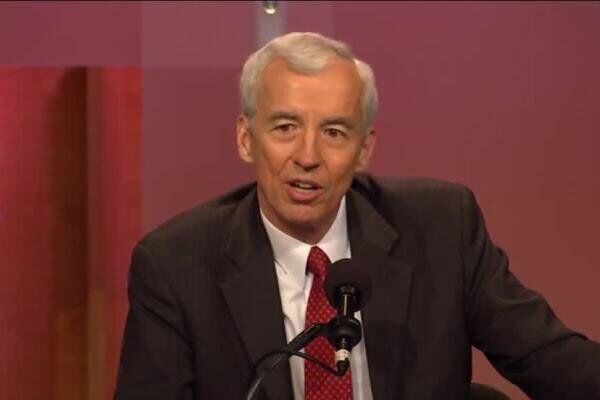




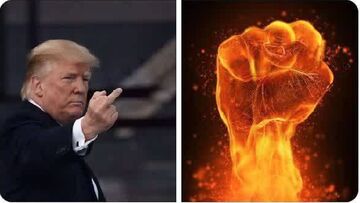
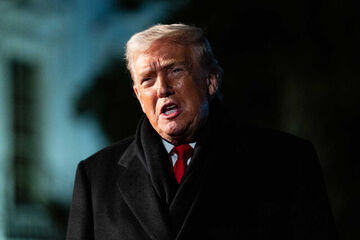

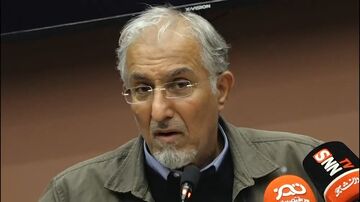
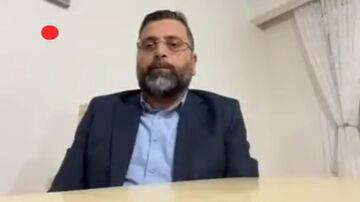
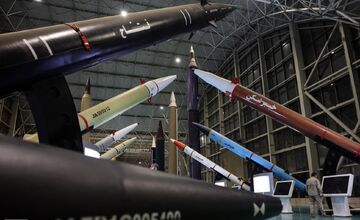
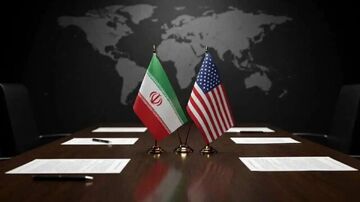
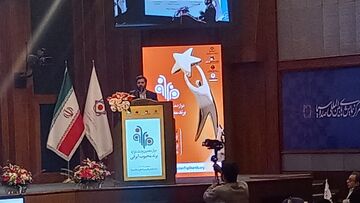
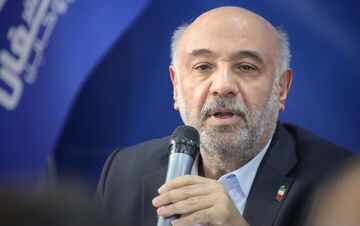

نظر شما